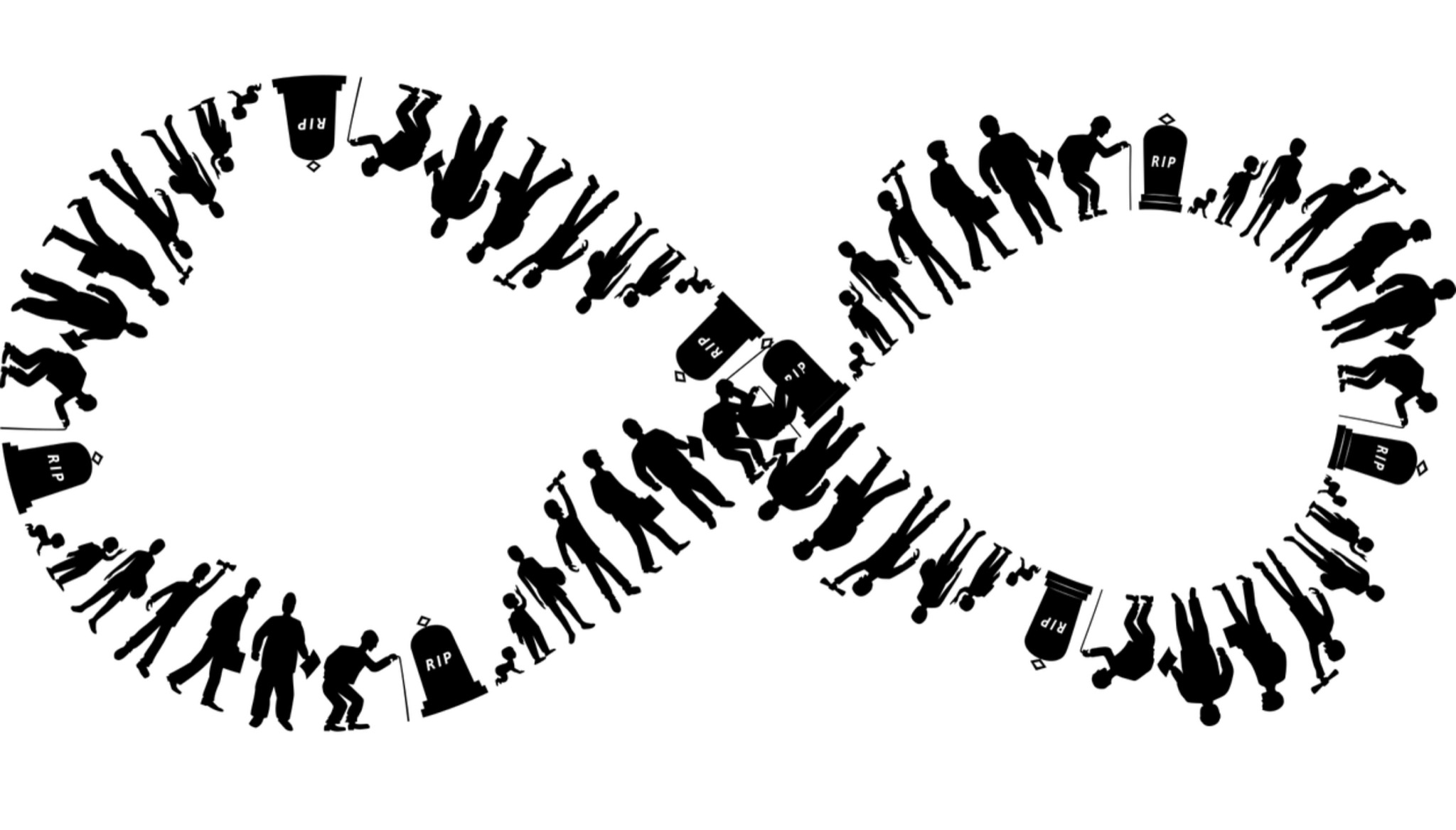
Vol. 10: A Matter of Life & Death
I hate to break it to you, but one day you will die.
No amount of fighting that fact will ever change the reality that every single one of us is mortal, so that means we will not live forever.
There is an open line of communication within my household regarding all things spiritual, supernatural, and divine.
It all started when my son was two. Barely capable of articulation, he told me that before arriving in my womb, he lived with God.
He followed with a question,
"Mama, do you remember God?"
Although it’s apparent that he posseses a profound connection to his consciousness, I intuitively sense that my boy doesn't have any karmic baggage.
While pregnant with him, a strong inclination told me my son is a Rainbow Child.
But, this article isn't about starseeds, lightworkers, or transmigration.
Today, I want to talk about death; moreover, living out our lives in a way that erases any fear of dying we may have.
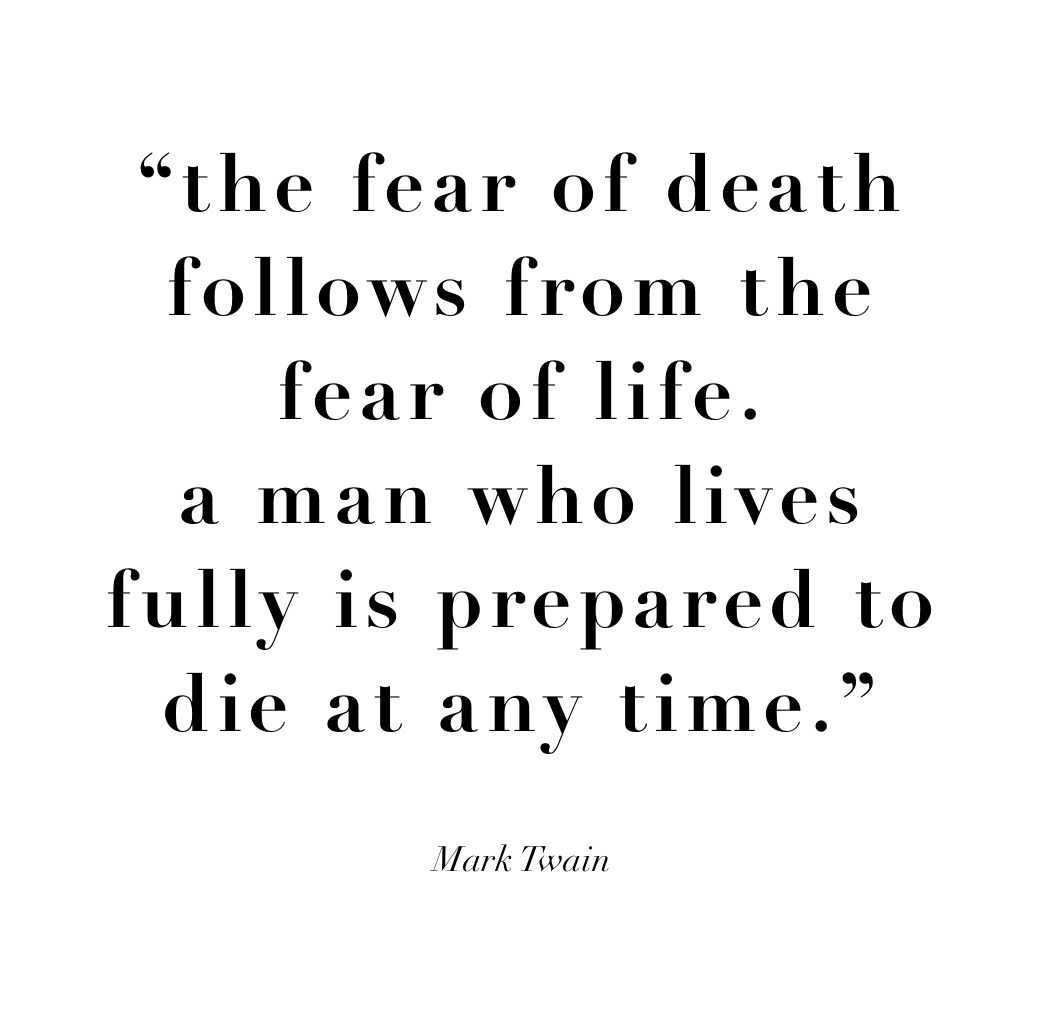
I planned to start this piece of writing with the story of my death; the passing of the fourth anniversary last month means the experience is at the top of my mind.
But, writing about the nine minutes my body spent devoid of life is daunting because I don't remember any of it.
Word on the street is that people with near-death experiences often have extraordinary stories of docking on the other side of life. I don't.
Within that frame of reference, I guess you could say:
I don't remember God.
DON’T FEAR THE REAPER
Albert Schweitzer wrote:
We must all become familiar with the thought of death if we want to grow into really good people. We need not think of it every day or every hour. But when the path of life leads us to some vantage point where the scene around us fades away, and we contemplate the distant view right to the end, let us not close our eyes.
Let us pause for a moment, look at the distant view, then carry on. Thinking about death in this way produces love for life. When we are familiar with death, we accept each week, each day as a gift. Only if we are able to accept life—bit by bit—does it become precious.
Fear of death, or avoidance of the subject entirely, is the ultimate fear: it's like playing a video game and trying to defeat the final boss, although in this case, your game will eventually end no matter how hard you fight.
The thing about the anxiety we feel regarding the idea of dying is that death is entirely out of our control; no amount of effort on our part will change our inbuilt mortality. And that terrifies the shit out of most people; that, or it sends them into total denial.
It turns out that the way we think about death can affect how we feel and act in daily life.
For example, a 2016 study found that fear of death could amplify our desire for revenge and political violence.
Prompted to think about personal pain or death, Palestinian, Israeli, and South Korean participants then answered questions about their opinions on how to resolve specific political conflicts. Those reminded of death were more likely to support military action than those who only thought about pain.
Dying is a journey into the unknown, and to an extent, it is relatively healthy to be fearful of entering the unknown.
However, what is not healthy is ignoring it.
Excluding death from our awareness limits our consciousness.
Death is the opposite of what we think. Death doesn't take away but instead offers up meaning.
If nothing else, my own brush with death has given me a sense of the meaningfulness of this life.
While I do not wish death upon anyone, if you're suffering from ennui or a sense of meaninglessness, there is nothing better I can suggest than to strike up a serious relationship with the end of your existence.
As you struggle with the mystery of your death, you will likely discover the meaning of your life.
I believe that we are alive to learn. Everything that happens to us in our lives helps our learning. And nothing helps us to understand these lessons more than death.
Humans learn best when we have a deadline.
At least, that's true for me.
Writing a new and informative article every week and posting it to this blog is an act chock full of teachable moments and a race to a proverbial finish line.
But I digress.
Some people believe that life signifies nothing; even if it does, death wipes its meaning away.
But, as you may realize by this point, I don't believe all this is for naught.
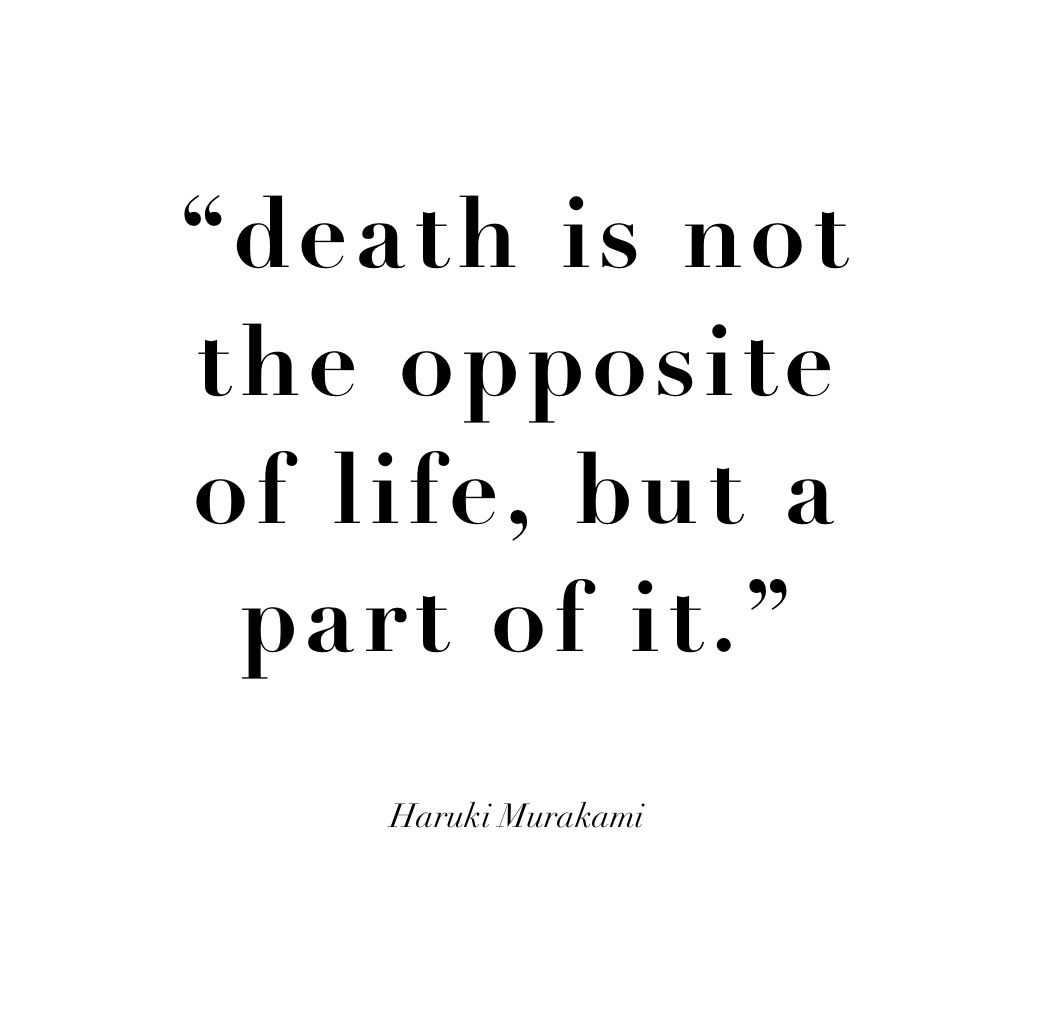
WHAT HAPPENS WHEN WE DIE?
The Oxford Dictionary labels death as "the action or fact of dying" and "the state of being dead"—which is probably about as literal as you can get!
It would seem that the concept of death is so universal that we're all just expected to know what it is.
Take a deeper dive into the literal definition, and the descriptor "the end of life" appears—which is excellent, but what does that mean?
And therein lies the problem: nobody knows.
Perhaps you were brought up with a set of philosophical or spiritual beliefs that explain what is supposed to happen after death, or maybe you've come to build your own opinions.
The uncomfortable truth is that nobody knows. So, we're all just guessing.
I know that statement will trigger some of you, especially if you have deeply-held religious beliefs. If that's the case, then I refer you to last week's article, which, in a happy coincidence, is all about dealing with triggers.
Understanding and accepting death is fundamental for good mental health.
Denial and resistance go hand in hand. What we resist persists in that the things we avoid or even fight against will appear in our lives time and time again until we finally make our peace with them.
You're going to die, and I'm going to die, so why are we resisting the truth?
Resistance doesn't change the outcome, and you're inevitably going to be reminded of it each time you lose a loved one anyway, so why not make your peace with it so that you can live a happier and more free life?
Because that's what happens when you reach a place of understanding and acceptance with anything beyond your control: you find freedom.
That doesn't mean the fear isn't still there, but you learn to integrate it into your life because all of life is about balance: good and evil, day and night, light and dark, life and death.
But, hey, don't just take my word for it! In terms of the positive effects that learning to make your peace with death has on the human psyche, take this excerpt from a recent article published by Scientific American:
"Recent research shows that… when given the opportunity to reflect more deeply and personally about their mortality over a sustained period of time, people tend to show a shift toward growth-oriented values—self-acceptance, intimacy, and community feeling—and away from extrinsic, status-oriented values such as money, image, and popularity."
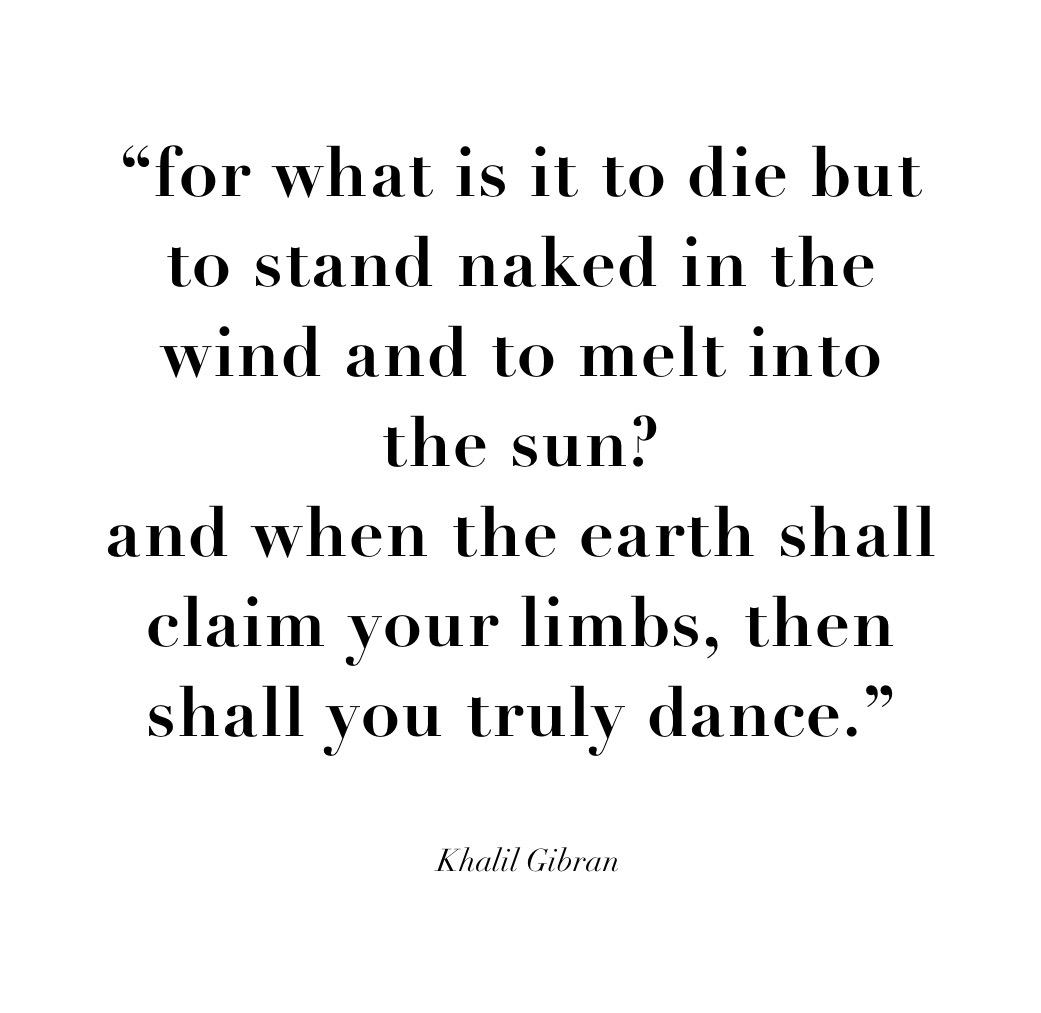
WHEN KIDS ASK ABOUT DEATH
Death is very much a part of our lives on many different levels.
We may be surprised at how aware our children are of death. They see dead bugs, birds, and other animals.
Children read about death in their fairytales, watch it in movies, and witness it firsthand, as unfortunate as that may sound.
But, if we allow our kids to talk to us about death, we can give them necessary information, prepare them for heartbreak, and hold space for their emotional growth.
We can encourage their communication by showing attention and respect for what they say.
We can also make it easier for them to talk to us if we are open, honest, and at ease with our feelings.
Children are sensitive barometers of emotion and are tremendous observers.
Our body language, facial expressions, what we say, and what we don't say are all communicating a message to our kids.
So, when we choose not to discuss an issue with our kids, they hesitate to ask questions.
Often, it can feel as though kids expect adults, especially their parents, to know everything, even all about death!
It is okay to say to your child, "I don't know the answer to that."
Children respond to this type of honesty beautifully and are more connected to us within such openness. Also, it helps them feel more comfortable with not knowing everything.
Like many subjects which can feel taboo, discussing death with children involves different delivery of information based on various stages of life.
It is important to remember that all children develop at different rates; kids experience life uniquely.
But, no matter how they cope with death or express their feelings, children need sensitive and nonjudgemental responses from adults.
In a recent conversation with my son, he indirectly asked about death.
He said, "I was a newborn, then a toddler. Now, I am a kid." Then, he asked, "But, what's next?"
Upon adding "teenager" and "adult" to the end of his list of growth phases, I thought I had answered his question, but no.
He intended to discover how long each phase lasts to visualize a timeline of how long he has left.
After reminding him of young people he knows to have left the earth prematurely in age, I assured him that no matter what number of years on earth he or I reach, it's the legacy we leave behind that counts.
When it comes to death, fear is wasted energy since it is inevitable for all of us. You might fear the storm, but that doesn’t stop it from coming.
Instead of choosing fear, approach death with wonder and curiosity.
Let it be a driving force to help you make the most out of life every single day.
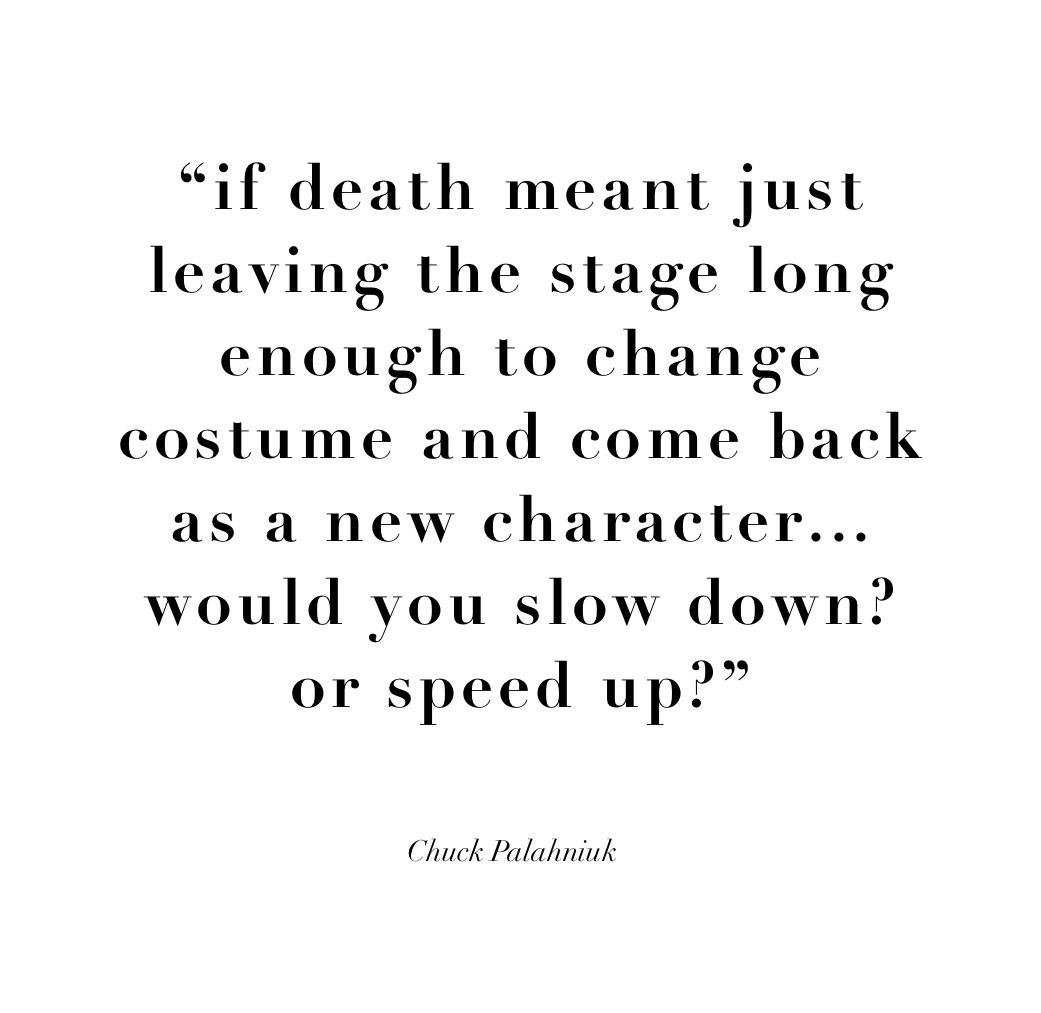
THIS WEEK’S LINKS:
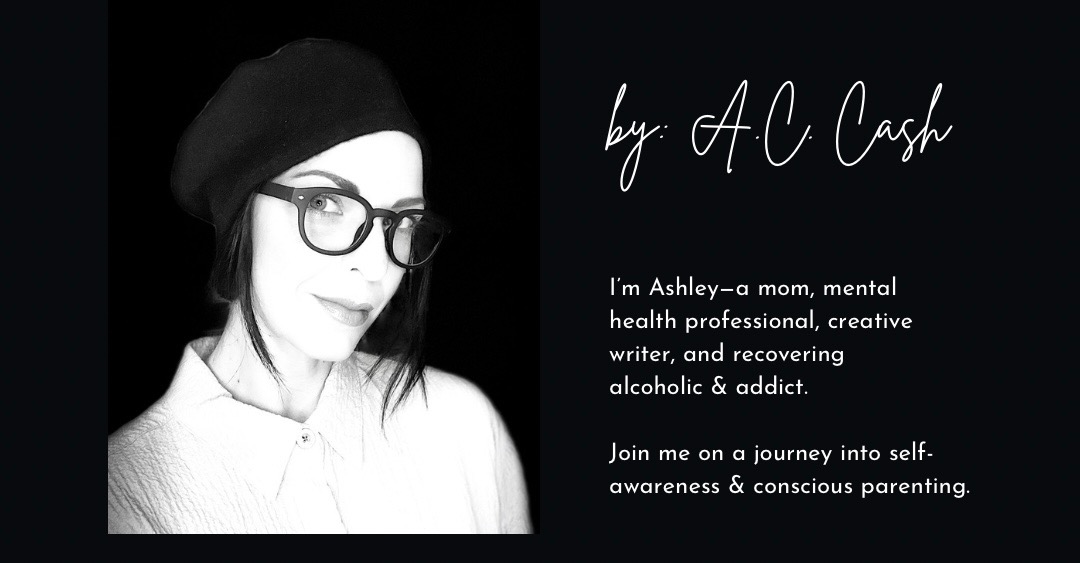
Post a comment